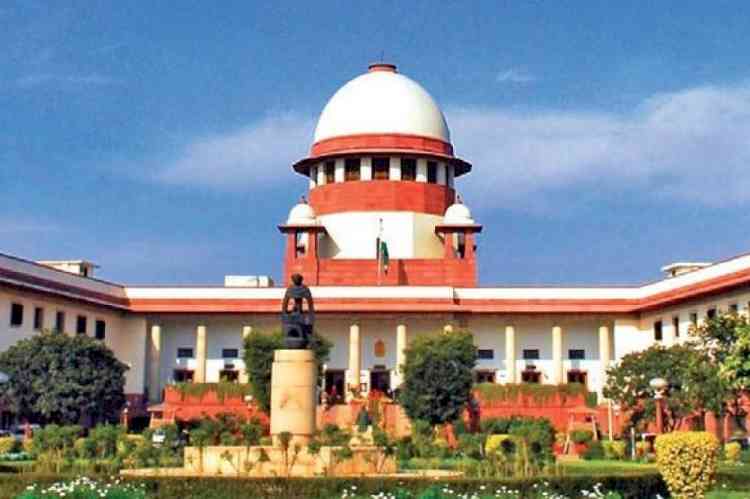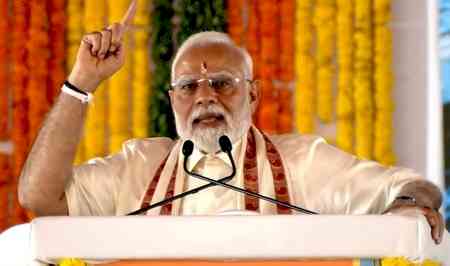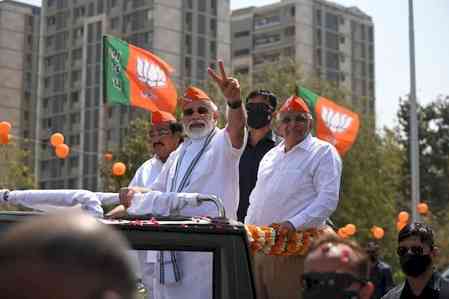States have power for prisoner's premature release after 14 yrs: SC

New Delhi: The Supreme Court on Tuesday said if a prisoner has undergone more than 14 years of imprisonment in cases of conviction for offences prescribing death penalty as the maximum sentence, the state government is competent to order premature release.
A bench of Justices Hemant Gupta and A.S. Bopanna said: "If a prisoner has undergone more than 14 years of actual imprisonment, the state government, as an appropriate government, is competent to pass an order of premature release."
However, it added that if the prisoner has not undergone 14 years or more of actual imprisonment, the Governor has a power to grant pardons, reprieves, respites and remissions of punishment or to suspend, remit, or commute the sentence of any person de hors the restrictions imposed under Section 433-A of the Constitution.
The top court order came as it upheld the Haryana government policy of August 13, 2008 on power to release prisoners, saying it was issued in exercise of powers conferred under the CrPC and in supersession of earlier orders.
Under the 2008 policy, the case of premature release is considered by the state and the individual cases are not required to be put up before the Governor as envisaged under the earlier policy, it said.
"The said policy cannot and has not tried to take over the discretion vested in the Governor to grant pardons, remissions or commute sentence in exercise of powers conferred under Article 161 of the Constitution, but it is the policy issued under a Statute and therefore, such policy has a statutory force," the top court said in its 24-page judgment.
The Punjab and Haryana High Court had directed the Haryana government to consider drafting a fresh policy on premature release of prisoners, particularly in respect of exercise of powers conferred under Article 161.
Setting aside the May 12, 2020 verdict of a single judge bench of the high court, as the directions issued were not sustainable, the top court emphasised that the power to release a prisoner after serving 14 years of actual imprisonment is vested with the state government and added the Governor is not bound by any such restrictions, but he or she will have to act on the aid and advice of the state.
Citing Haryana's several policies, issued in 1988, 1991, 2000, 2002, and 2008, on the release of prisoners, the top court agreed with the submissions of the government that they have been issued from time to time and the later policy has superseded the earlier one.


 IANS
IANS 








